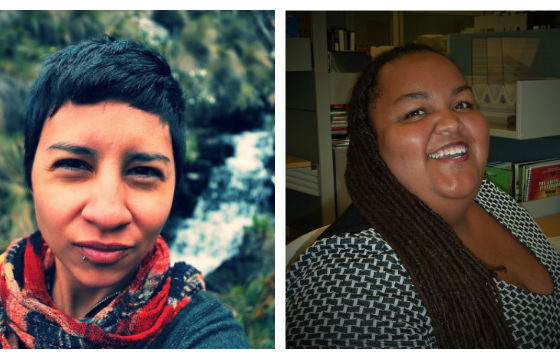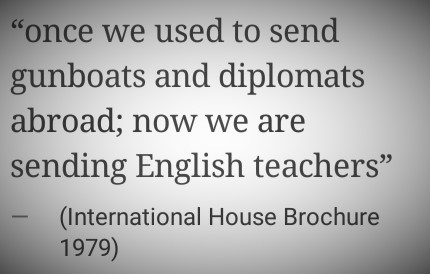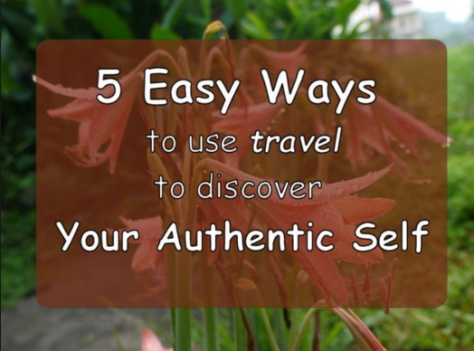I’VE BEEN CHATTING with travel writers, activists and personalities of color about their experiences navigating the media industry and the globe with an intersectional lens, while exploring themes like power, privilege, place, and identity, themes that are rarely touched on in the mainstream travel space. Read previous #Dispatches here.
“Language has always been the perfect instrument of empire.” — Antonio de Nebrija, Granidtica Castellana
Bani Amor: So tell folks who you are and what you do.



